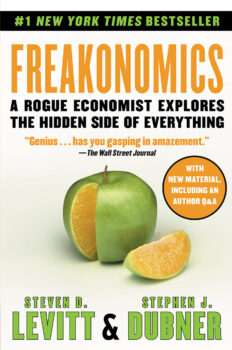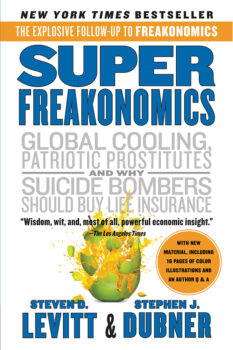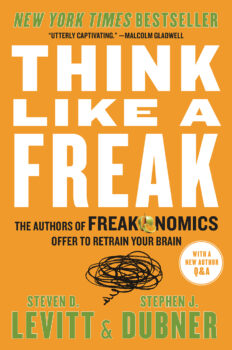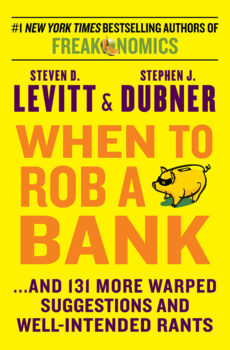Pesticide Politics
Pesticides freak us out – and understandably so. The idea of otherwise healthy fruits and vegetables marred by residual poison unnerves us because, generally speaking, we’re clueless. We’re totally removed from the process of production. We don’t know what was sprayed, we can’t see the trace pesticides, we can’t measure them on our own, and, let’s face it, the vast majority of us don’t remotely understand how these agents work. The upshot is that we’re left to trust outside interpreters to assess the risk for us.




